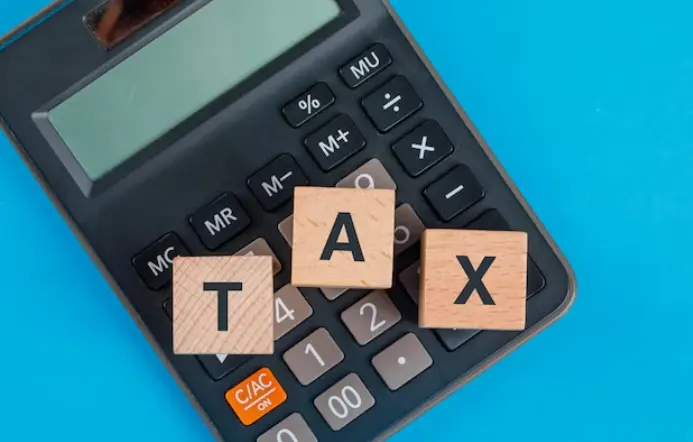

Tax planning is an essential element of financial management for individuals and businesses alike. By implementing strategic tax planning strategies, you can minimize your tax liability and potentially save a significant amount of money. In this blog post, we will explore various tax planning strategies that can help reduce your tax bill and optimize your financial situation.
One of the most effective ways to lower your tax bill is to take advantage of all available deductions and credits. Familiarize yourself with the tax code and identify deductions and credits that apply to your situation. This may include deductions for educational expenses, homeownership, charitable contributions, or medical expenses. Carefully track and document all applicable expenses throughout the year to ensure you can claim them when filing your taxes.
Contributing to retirement accounts such as a 401(k) or IRA is not only beneficial for your long-term financial security but can also provide tax advantages. By contributing to these accounts, you can lower your taxable income and potentially reduce your tax bill. Take advantage of any employer matching programs and explore other retirement account options to maximize your contributions.
If you have access to an FSA or HSA through your employer, it can be an excellent way to lower your tax bill. FSAs allow you to set aside pre-tax dollars for eligible medical expenses, while HSAs provide tax-free savings for qualified medical expenses. By utilizing these accounts, you effectively reduce your taxable income and save on taxes.

If you have investments that have decreased in value, tax-loss harvesting can be a viable strategy to offset capital gains and lower your tax liability. By selling securities that have declined in value, you can generate capital losses to balance out capital gains. Discuss this strategy with a financial advisor to ensure it aligns with your investment goals.
In certain situations, strategically timing your income and expenses can help minimize your tax burden. For example, if you expect your income to be lower next year, consider deferring income to the following year. Conversely, if you anticipate higher income next year, accelerate income to the current year if possible. Similarly, timing deductible expenses can help maximize deductions in the most advantageous tax year.
Lowering your tax bill requires proactive tax planning and a solid understanding of the tax code. By incorporating these strategies into your financial management approach, you can reduce your tax liability and potentially save a substantial amount of money. However, it is crucial to consult with a tax professional or financial advisor to ensure that these strategies align with your specific financial goals and circumstances. Implementing these tax planning strategies can provide both short-term benefits and long-term financial advantages. Start exploring them today and take control of your tax bill!
All rights reserved By © Venture Studio Capital. Design By Mr.SDS